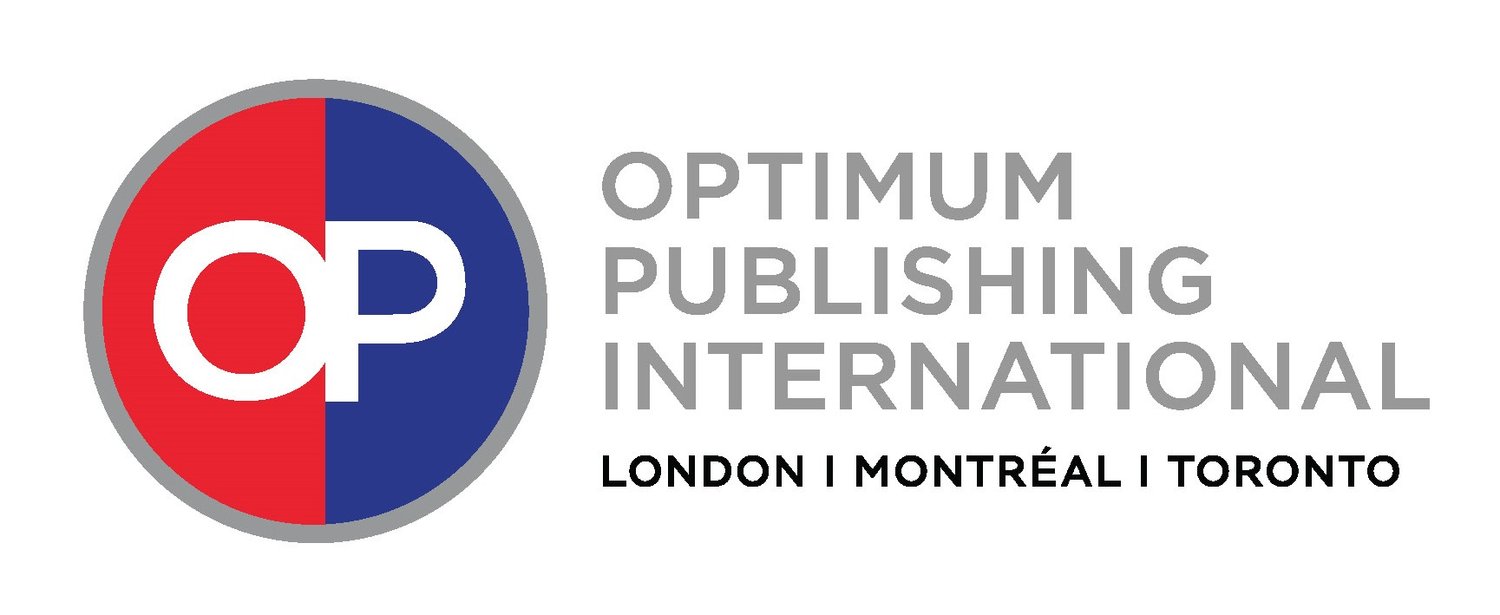The Office of the High Commissioner for Human Rights has concluded that the Chinese government’s actions 'may amount to international crimes, in particular crimes against humanity.'
Prime Minister Justin Trudeau, centre, with Defence Minister Anita Anand, left, Deputy Prime Minister Chrystia Freeland, and Foreign Minister Mélanie Joly. As one of the fundamental forces behind the international Responsibility to Protect norm, one would expect Canada to lead the international response to the Uyghur genocide, writes Dolkun Isa. The Hill Times photograph by Andrew Meade
OPINION | BY DOLKUN ISA | January 30, 202
“A failure of humanity” is what retired senator and former Canadian Forces lieutenant-general Roméo Dallaire, who led the United Nations Assistance Mission for Rwanda, called the Rwandan genocide. Barely one year after the atrocities in Rwanda, events in the Bosnia town of Srebrenica again highlighted the failure of the signatories of the 1948 United Nations Genocide Convention to uphold their promise to prevent and punish genocide.
Out of this failure to prevent the atrocities in Rwanda and Srebrenica, the Responsibility to Protect (R2P) was born as “an international norm that seeks to ensure that the international community never again fails to halt the mass atrocity crimes of genocide, war crimes, ethnic cleansing and crimes against humanity,” according to the Global Centre for the R2P.
Canadian leadership was instrumental in the establishment of R2P. In 2000, the Canadian government set up the International Commission on Intervention and State Sovereignty, which led to the initial creation of the norm of R2P in 2001 and its unanimous adoption at the 2005 UN World Summit.
Dolkun Isa is the head of the World Uyghur Congress. Photograph courtesy of Optimum Publishing International
Since 2005, it has become evident that the international community can respond to atrocity crimes. In the case of Myanmar, for example, we have seen an UN-mandated Independent Investigative Mechanism for Myanmar, and investigations at the International Court of Justice and the International Criminal Court.
But this also raises an important question: why are we not seeing similar efforts to end the Chinese government’s ongoing genocide against the Uyghur people?
Get The Foreign Policy and Diplomacy Newsletter
The key issues and people influencing Canadian foreign policy and diplomacy. Weekly.
SIGN UP
By entering your email address you consent to receive email from The Hill Times containing news, analysis, updates and offers. You may unsubscribe at any time. See our privacy policy
Since 2017, millions of Uyghurs and other ethnic Turkic people have been arbitrarily detained, tortured, sexually abused, indoctrinated, and subjected to forced labour. Uyghur children are systematically separated from their families, and Uyghur women are forced to undergo abortions and sterilizations. As a result, Uyghur birth rates have dropped dramatically, putting the future of the Uyghurs as an ethnic people at risk.
These deplorable acts meet the critical criteria of crimes against humanity and genocide, which the United States government and parliamentary bodies in Canada, the United Kingdom, the Netherlands, Belgium, France, Lithuania, the Czech Republic, Ireland, Taiwan, and the European Union have affirmed. The independent Uyghur Tribunal reached a similar conclusion and presented its verdict after 18 months of investigations and three in-person hearings.
At a UN level, the Office of the High Commissioner for Human Rights has concluded that the Chinese government’s actions “may amount to international crimes, in particular crimes against humanity.” And most recently, acting under its Early Warning and Urgent Action Procedure, the Committee on the Elimination of Racial Discrimination referred this matter to the special adviser of the secretary-general on the Responsibility to Protect.
One would expect Canada, as one of the fundamental forces behind the R2P norm, to lead the international response to the Uyghur genocide. Indeed, the Canadian House of Commons was the first Parliament to adopt a genocide resolution in October 2021 and has repeatedly urged the Canadian government to take firm action.
On Feb. 1, the House of Commons will vote on Motion 62, which would create a resettlement program to expedite the entry of 10,00 Uyghurs and other ethnic Turkic people. This is the first motion of its kind worldwide and of invaluable support to Uyghurs in third countries who are at risk of being sent back to China.
Nevertheless, a big gap remains between what the House of Commons wants and what the Canadian government actually does to help end the Uyghur genocide. One area in which Canada is still seriously lagging is ending the complicity of Canadian companies in the Chinese government’s crimes.
As Uyghur forced labour taints many industries, including textiles, apparel, solar, automobile, construction, technology, and finance, virtually every Canadian consumer is still at risk of buying products made by forced labour.
While the United States has its Uyghur Forced Labor Prevention Act, and the European Union and other countries are in the process of adopting similar legislation to ban the imports of forced labour products, Canada has made no such efforts. It has merely debated a law which requires companies to report on what steps they have taken to identify forced labour in their supply chains. This is not nearly close enough to an import ban, which is the bare minimum to stop the harm Canadian companies are doing to Uyghurs in East Turkistan.
It is not yet too late. During the 2005 UN World Summit, the Canadian government affirmed its preparedness “to take collective action, in a timely and decisive manner, [if …] national authorities are manifestly failing to protect their populations from genocide, war crimes, ethnic cleansing and crimes against humanity”.
To prevent another “failure of humanity,” Canada would do well to act in accordance with this commitment.
Dolkun Isa is the head of the World Uyghur Congress and author of The China Freedom Trap, My Life on the Run, to be published this May by OPI Books.


